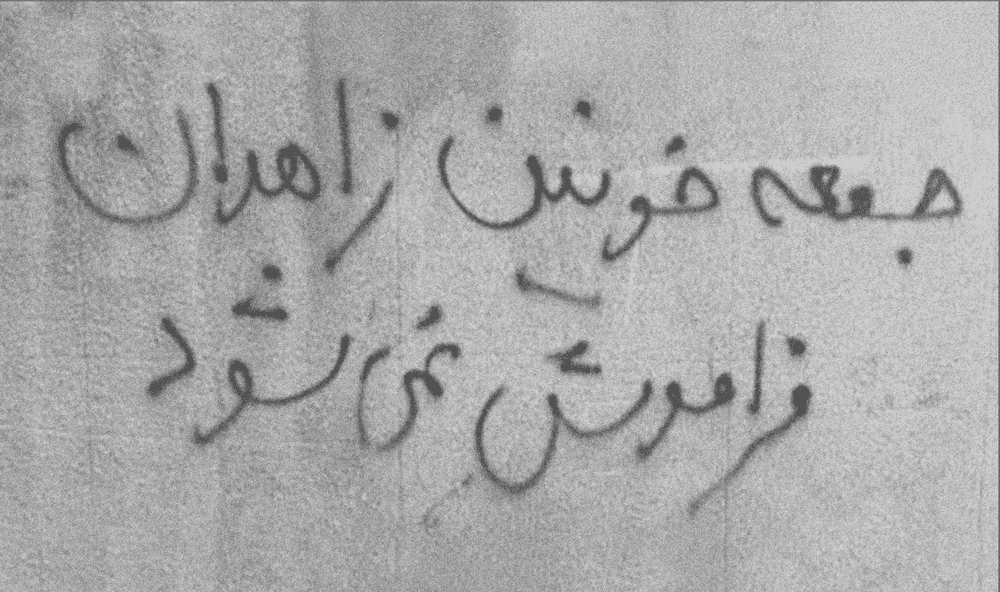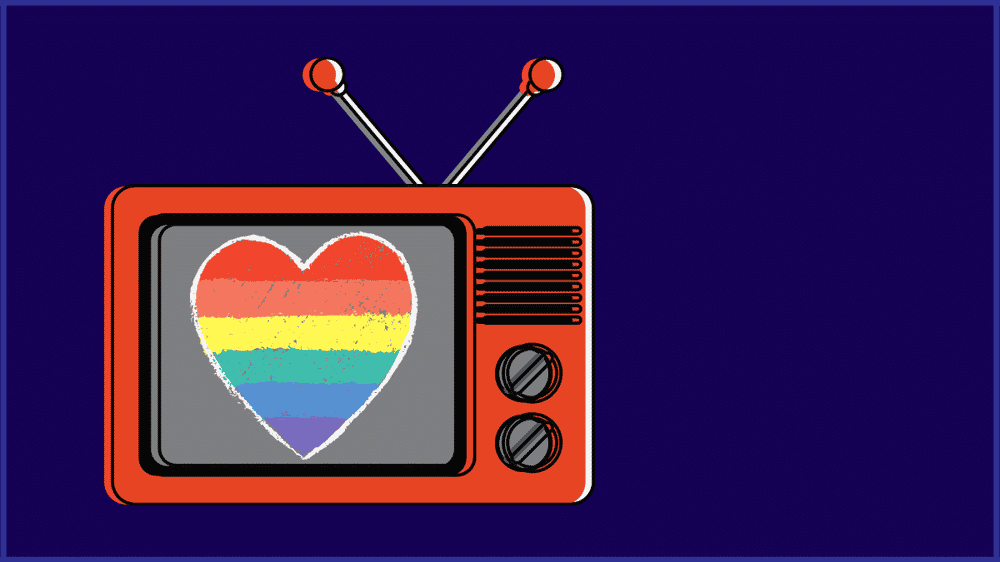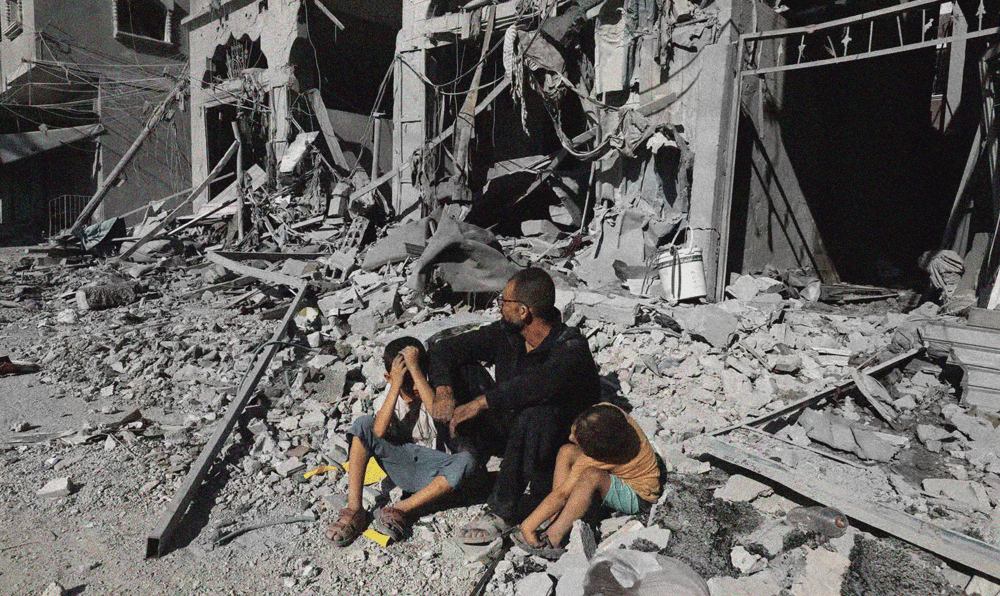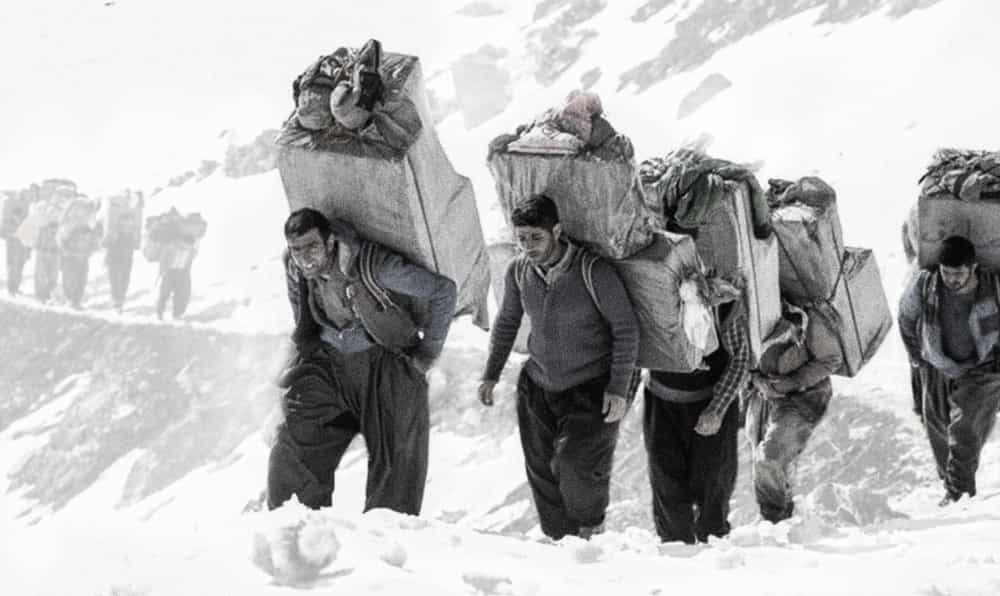

توهین به کوییرها را در رسانههای فارسیزبان متوقف کنید
Jump to the English version of the petition.
چهار شنبه، ۱۰ دی ۱۳۹۹
در سالهای اخیر با رشد جنبشهای حقوق کوییرها در جهان و از جمله در بین فارسی زبانان، رسانههای مختلف فارسی زبان بیش از گذشته به مسائل مرتبط با گرایش جنسی و هویت جنسیتی پرداختهاند، اما متاسفانه در بسیاری از موارد این رسانهها از ادبیات مناسبی استفاده نکردهاند.
این ادبیات از جنبههای مختلفی نیازمند تغییر است که در ادامه به برخی از آنها اشاره میکنیم:
● گاهی این ادبیات به صورت مستقیم توهین آمیز بوده است. مثلا در یکی از جدیدترین موارد علیرضا امیرقاسمی مجری تلویزیون طپش در برنامه شب یلدا در گفتگو با شهره صولتی از حقوق همجنسگرایان دفاع کرد، اما دوجنسگرایان را بیمار نامید و پس از اینکه مورد اعتراض قرار گرفت ادعا کرد افرادی که همزمان هم با زن و هم با مرد رابطه جنسی دارند سلامت عقلی و فکری ندارند. این در حالی است که همه انجمنهای معتبر روانشناسی درکشورهای مختلف، دوجنسگرایی را هم مثل همجنسگرایی، چندجنسگرایی، همهجنسگرایی و هیچجنسگرایی یک کشش جنسی و عاطفی طبیعی و سالم تلقی میکنند. در نمونهای دیگر، فرهاد گوهردانی و زهرا تیزرو در یادداشتی در سال۱۳۹۷ در سایت بیبیسی فارسی مینویسند: «انسان ایرانی بطور جمعی هرگز نوستالژی دوران منقل و وافور و یا دوران هم جنس بازی و روابط با محارم را ابراز نمی کند.» نویسندگان مطلب رابطه با همجنس را در کنار مصرف مواد مخدر و رابطه با محارم قرار میدهند. علاوه بر این، سالهاست در بین فعالین فارسیزبان حقوق افراد کوییر، بر سر توهینآمیز بودن این واژه توافق وجود دارد و بارها به رسانهها تذکر داده شده است که از این واژه استفاده نکنند.
●گاهی کارکنان یا مهمانهای رسانهها قصد دارند از حقوق افراد کوییر دفاع کنند، اما از معادلهای نامناسبی در ترجمه واژهها استفاده میکنند. در یکی از جدیدترین موارد، آرش جودکی مهمان یکی از برنامههای تلویزیون ایراناینترنشنال از واژه «همجنسباز» به جای همجنسگرا استفاده کرد، اما مجری برنامه، او را اصلاح نکرد. چند سال پیش هم، محمدمنظرپور سردبیر وقت بخش فارسی تلویزیون صدای آمریکا در ترجمه پخش مستقیم سخنان باراک اوباما رئیس جمهور پیشین آمریکا از واژه «همجنسباز» در ترجمه الجیبیتی که مخفف واژههای همجنسگرا، دوجنسگرا و ترنس است، استفاده کرد. وقتی بخش فارسی تلویزیون صدای آمریکا مورد اعتراض قرار گرفت، ترجمه الجیبیتی را به همجنسگرا تغییر داد و همچنان دوجنسگرایان و ترنسها را نادیده گرفت.
● گاهی این ادبیات در برگیرنده طیفهای گسترده گرایشهای جنسی و هویتهای جنسیتی نبوده است. مثلا بسیاری ازرسانههای فارسیزبان از جمله تلویزیون و سایت بیبیسی فارسی و رادیو فردا در موارد متعدد به جای استفاده ازعباراتی مثل ازدواج برای همه، برابری ازدواج، ازدواج با همجنس و یا ازدواج همجنسها، از عبارت ازدواج همجنسگراها استفاده میکنند و در نظر نمیگیرند که ممکن است یکی از زوجین یا هر دوی آنها دوجنسگرا، چندجنسگرا، همهجنسگرا یا هیچجنسگرا باشند
●مفاهیم مرتبط با گرایش جنسی و هویت جنسیتی با تلاش فعالین حقوق افراد کوییرمدام در حال تغییر هستند تا شامل طیف گستردهتری از گرایشهای جنسی و هویتهای جنسیتی باشند. گاهی رسانهها از عبارتهایی استفاده میکنند که پیش از این مناسب تلقی میشدهاند اما مدتهاست دیگر مورد استفاده قرار نمیگیرند. مثلا سالها قبل، عباراتی مثل تغییر جنسیت، مناسب تلقی میشد اما با بحثهای گستردهای که درباره هویت جنسیتی و حقوق افراد ترنس درکشورهای مختلف مطرح شد، عبارات جدیدی در زبانهای مختلف جایگزین واژههای قبلی شد و فعالین حقوق افرادترنس در فضای فارسی زبان نیز ابتدا عبارت تطبیق جنسیت و بعد عبارتهای تائید جنسیت، بازتائیدجنسیت و تصدیق جنسیت را جایگرین تغییر جنسیت کردند. این در حالی است که بسیاری از رسانههای فارسیزبان همچنان از عبارت تغییر جنسیت استفاده میکنند.
ما به عنوان فعالین حقوق افراد الجیبیتیکیو و حامیان آنها از رسانههای فارسیزبان انتظار داریم از منابع متعدد موجود به زبان فارسی و سایر زبانها برای آموزش مستمر کارکنان خود استفاده کنند، تا بتوانند مخاطبینشان را هم در این حوزه آموزش دهند و با بازتولید الجیبیتیکیوهراسی و الجیبیتیکیوستیزی در تولیداتشان، حقوق افراد الجیبیتیکیو را بیش از این نقض نکنند. رسانهها به خصوص رسانههای حرفهای جریان اصلی موظف هستند کارکنانشان را در این زمینه به روز رسانی کنند و رسانههای فارسیزبان خارج از ایران به دلیل آزادی بیان گستردهتر و دسترسی بیشتر به منابع آموزشی این حوزه وظیفه سنگینتری دارند.
Stop Queerphobia in Persian Speaking Media
In recent years, with the rise of queer rights movements in the world, including among Persian speakers, various Persian-speaking media have increasingly addressed issues related to sexual orientation and gender identity, but unfortunately in many cases, these media have not used appropriate terminologies. These terminologies need to be changed in several ways, some of which are mentioned below:
● Sometimes these terminologies have been directly offensive. For example, in one of the most recent cases, Alireza Amirghasemi, the host of Tapesh TV, defended the rights of homosexuals in a conversation with Shohreh Solati, but called bisexuals “sick”. After being protested, he asserted that people who have sexual relationships with men and women at the same time are mentally ill. However, all reputable psychological societies in different countries consider bisexuality as a natural and healthy sexual and emotional attraction, similar to homosexuality, polygamy, heterosexuality, and heterosexuality. In another example, Farhad Gohardani and Zahra Tizroo write in a note in 2019 on the BBC Persian website: "Iranians collectively never express nostalgia for the era of braziers and drugs or the era of “hamjinsbaazi” and incest." The authors equate homosexuality with drug use and incest. In addition, there has been agreement among Persian-speaking activists for years that “hamjinsbaazi” (which in Persian equated to being fag or dyke) is an offensive term, and the media has been repeatedly warned not to use the term.
● Sometimes media employees or guests try to defend the rights of queer people, but use inappropriate language in translating words and terminologies. In one of the most recent cases, Arash Jodaki, a guest on an Iran International TV program, used the word "hamjensbaaz" instead of homosexual, but the host did not correct him. Similarly, a few years ago, Mohammad Manzarpour, then editor-in-chief of VOA's Farsi Service, used the word "hamjensbaaz" to translate part of the president Obama’s speech that was talking about LGBTQ rights, which stands for "lesbian, gay, bisexual, and trans." When the Persian section of VOA was protested, it changed the translation of LGBTQ to homosexual and continued to ignore bisexuals and transgender people.
● Sometimes this literature does not cover a wide range of sexual orientations and gender identities. For example, many Persian-speaking media outlets, including Persian television and the BBC Persian, and Radio Farda, in many cases, instead of using terms such as marriage for all, marriage equality, same-sex marriage, use the term gay marriage and do not consider the possibility of one or both spouses to be bisexual, pansexual or Asexual.
● Concepts related to sexual orientation and gender identity are constantly changing with the efforts of queer rights activists to include a wider range of sexual orientations and gender identities. Sometimes the media uses terms that were previously considered appropriate but are no longer accepted by the LGBTQ communities. For example, years ago, terms such as sex change were considered appropriate, but with the widespread debate over gender identity and the rights of trans people in different countries, new terms in different languages replaced the old ones. Gender reassignment, followed by the terms gender affirmation, and gender confirmation, replaced sex change. However, many Persian-language media continue to use the term sex change.
As LGBTQ rights activists and allies, we expect the Persian-speaking media to use the various resources available in Persian and other languages for the ongoing training of their staff to be able to educate their audiences in this area as well, so that their programs do not further violate the rights of queer people or reproduce the ignorance in queerphobia. The media, especially the mainstream professional media, are obligated to update their staff in this field, and the Persian-speaking media outside Iran have a heavier task due to their wider freedom of expression and greater access to educational resources in this field.
.خبرنامه را مشترک شوید
✅ اشتراک شما ثبت شد
رویدادهای اخیر
-
از این استانها امضا جمع شد
استان تعداد امضاها استان البرز ۱۱ استان اردبیل ۱ استان بوشهر ۵ استان چهارمحال و بختیاری ۱ آذربایجان شرقی ۵ استان فارس ۸ استان گیلان ۵ استان گلستان ۲ استان همدان ۳ استان هرمزگان ۵ استان ایلام ۱ استان اصفهان ۱۶ استان کرمان ۲ استان کرمانشاه ۳ استان خوزستان ۸ استان کهگیلویه و بویراحمد ۰ استان کردستان ۱ استان لرستان ۴ استان مرکزی ۳ استان مازندران ۷ استان خراسان شمالی ۱ استان قزوین ۱ استان قم ۲ استان خراسان رضوی ۱۱ استان سمنان ۱ استان سیستان و بلوچستان ۲ استان خراسان جنوبی ۱ استان تهران ۱۰۲ استان آذربایجان غربی ۴ استان یزد ۱ استان زنجان ۲ این دادخواست تا کنون ۸۰۸ امضا جمع کرده است. ۵۷% از ایران آمده؛ و حدود ۴۳% امضا از خارج از ایران رسیده است. برای شناخت بیشتر از ترکیب آمار امضاها در نقشه ایران اینجا کلیک کنید. -
تازهترین امضاها
-
Amirhosein
-
امضا محفوظ
-
امضا محفوظ
-
qah
امضا با تلگرام
-
امضا محفوظ
-
-
جمعی از کنشگران کوییر این دادخواست را تنظیم کرد






امضا با تلگرام